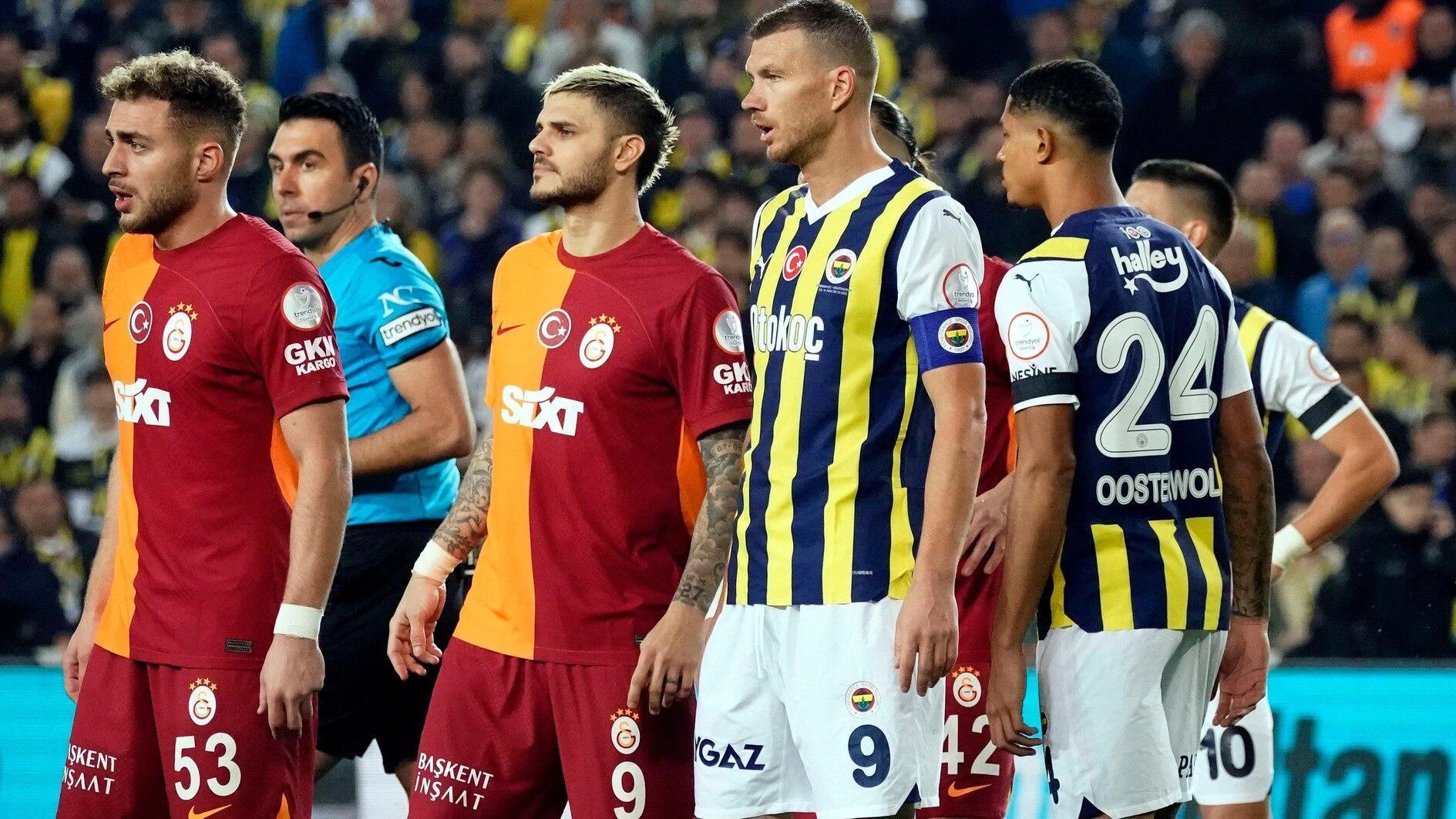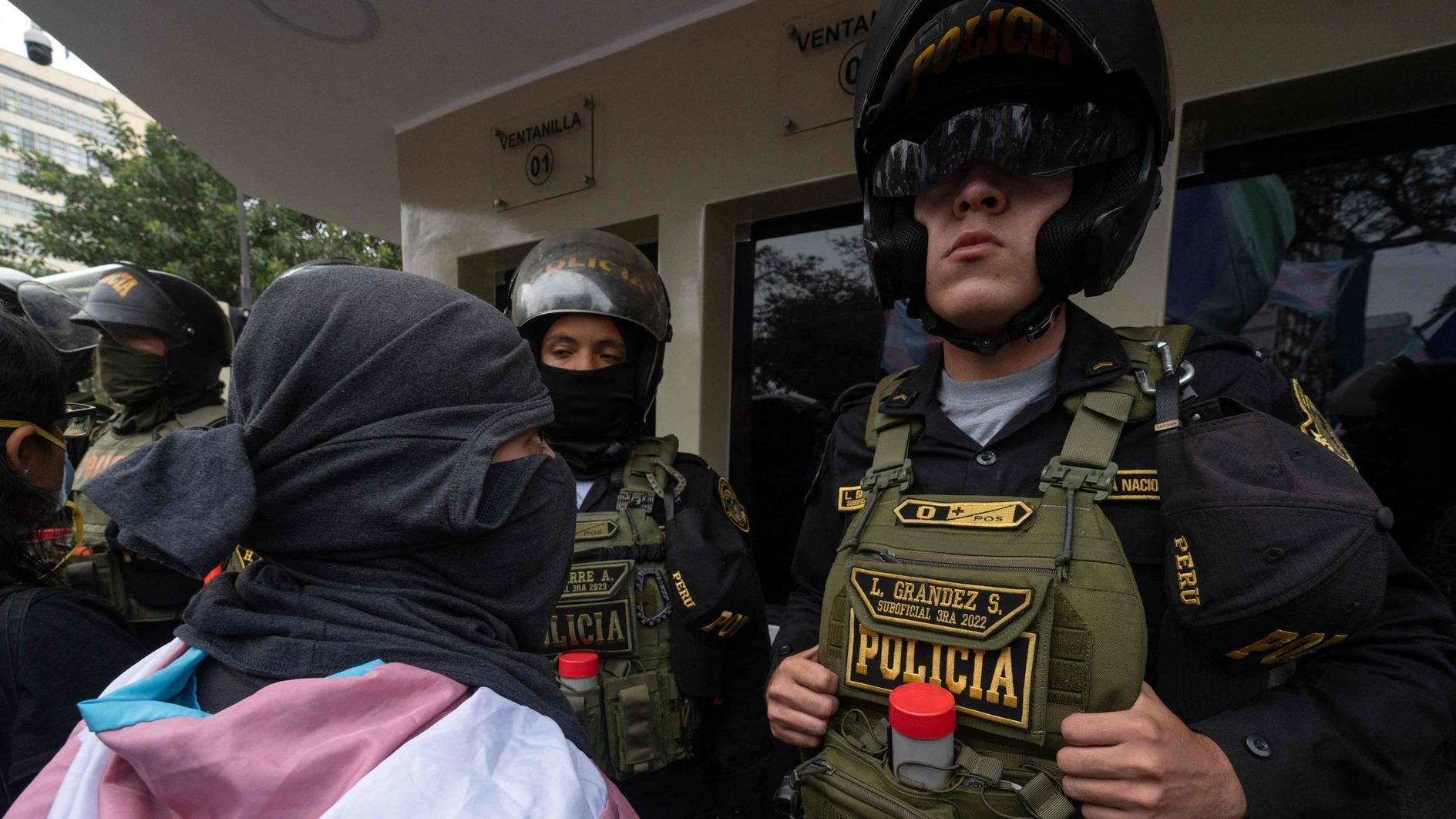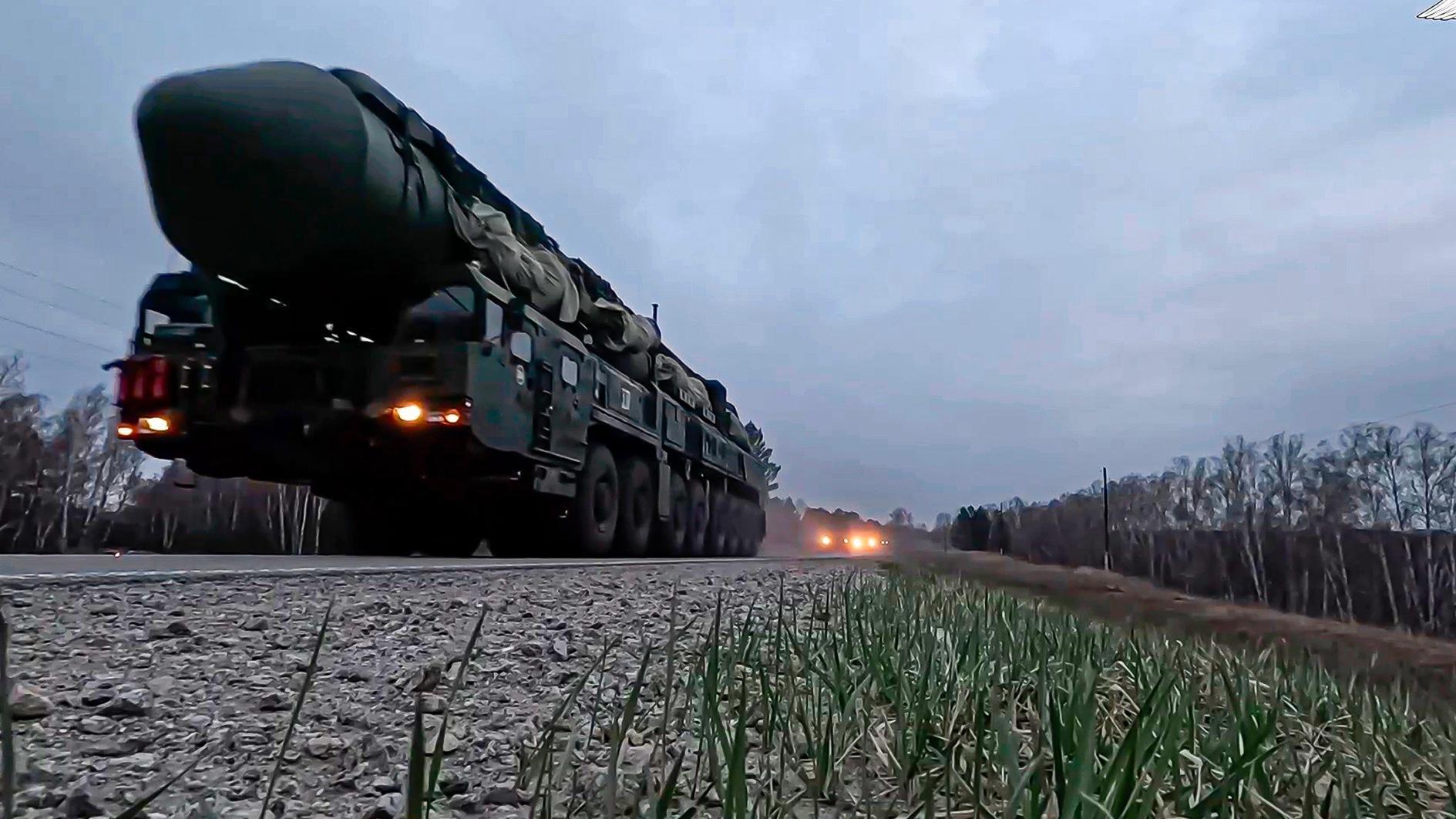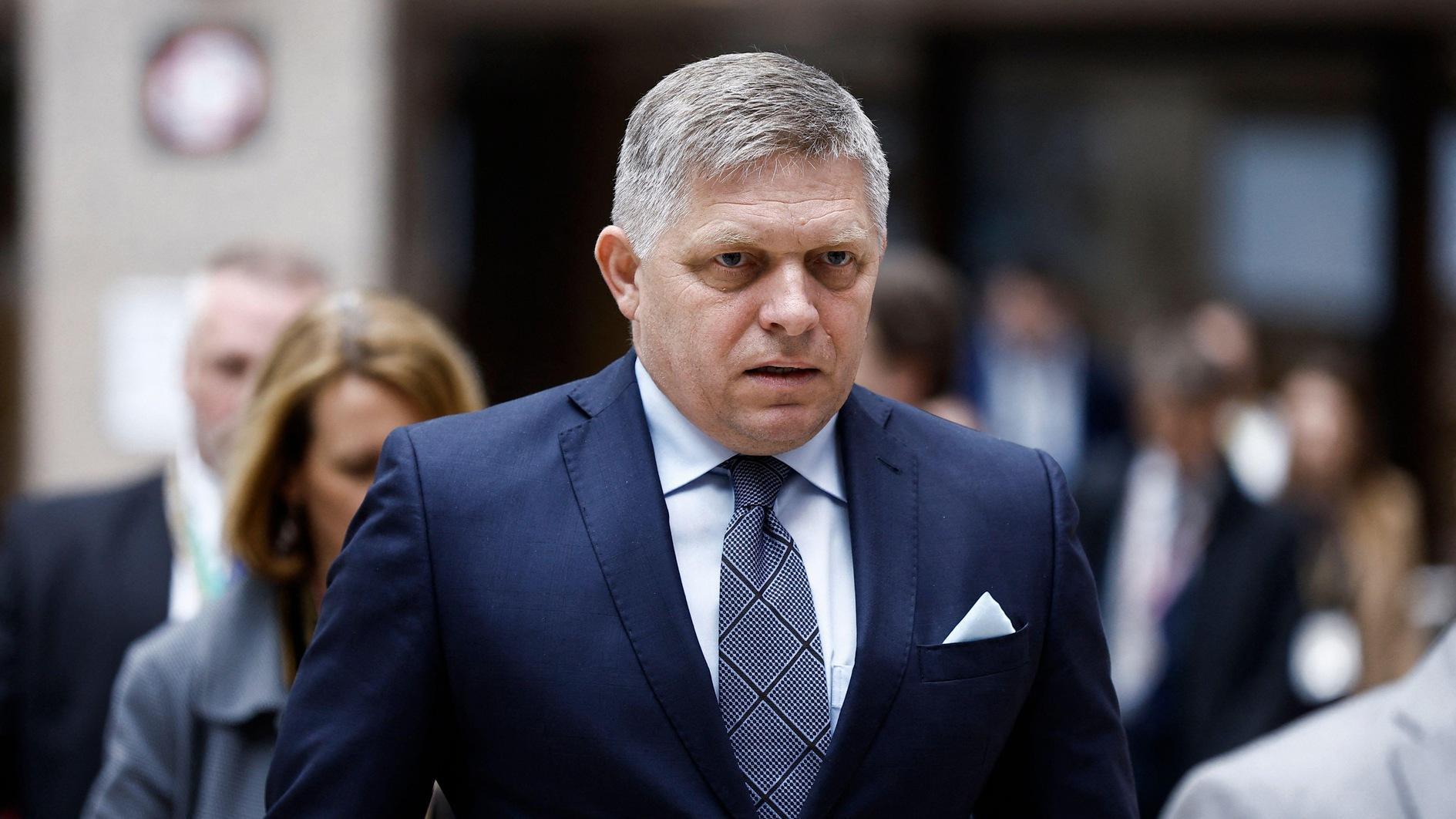Syria opposition urges Assad to start talks, appoint al-Sharaa
DAMASCUS / WASHINGTON – Agence France-Presse

Syrian opposition chief Ahmed Moaz al-Khatib gives a press conference following a meeting with French President at the Elysee Palace in Paris, on November 17, 2012. AFP PHOTO
Syria’s opposition chief extended a hand yesterday to President Bashar al-Assad’s regime, saying that it would admit meeting with Assad’s deputy, adding that said it was now up to Damascus to take the next step toward talks between the country’s warring parties.
Opposition Syrian National Coalition head Mouaz al-Khatib’s comments to broadcaster Al-Jazeera came as Iranian Foreign Minister Ali Akbar Salehi said Tehran would continue talks with the Syrian opposition following a preliminary meeting over the weekend. “The ball is now in the regime’s court. They will either say yes or no,” Agence France-Presse quoted al- Khatib as saying yesterday.
Khatiblast said last week he was was ready to meet regime officials provided the authorities release “160,000 detainees” and renew passports for Syrians stranded outside the country.
Later he told Al-Arabiya news channel that he was ready to talk to Assad’s deputy, Vice President Faruq al-Sharaa.
“Since the start of the crisis, Mr Sharaa has seen that things are not going in the right direction,” said Khatib. “If the regime accepts the idea [of dialogue], I ask it to delegate Faruq al-Sharaa for us to hold discussions with him,” The AFP quoted him as saying. Assad last month announced he was ready for talks with the opposition but ruled out meeting groups which back armed rebels seeking to overthrow the Damascus regime.
For their part, opposition groups, including the National Coalition, have in the past demanded Assad step down before peace talks can begin.
“Doctor Bashar, this country is in grave danger, come out of your bubble, if only for a moment. Look into the eyes of your children and you will recover some of your humanity,” Khatib said, addressing Assad by the term adopted by state media and his supporters.
“We can help each other in the interest” of the people, Khatib said.
“The regime needs to take a clear position. We will extend our hands for the sake of the people, and in order to help the regime leave in peace,” he said.
Khatib’s statement last week on negotiations with conditions attached was backed by the Coalition, a grouping of externally-based opposition groups, but only if they led to the fall of the regime.
While some opposition figures immediately denounced Khatib’s proposal as traitorous, he said on Monday he “rejected” the label.
“Our people are dying, and we will not allow that,” Khatib said.
His comments came as Iranian Foreign Minister Ali Akbar Salehi said in Berlin that Tehran would continue talks with Khatib following a preliminary meeting Sunday on the sidelines of a security conference in the southern German city of Munich.
“We had 45 (minutes) to an hour discussion which was very fruitful... and we committed ourselves to continuing this discussion,” Salehi told a foreign-policy think-tank in Berlin of his meeting.
Khatib also held a meeting in Munich on Sunday with Russian Foreign Minister Sergei Lavrov, who while expressing an interest in “maintaining regular contact” with the opposition, also said the dissidents’ insistence on Assad going was “the main reason for the continuation of the Syrian tragedy.”
US backs offer
The U.S. has also backed Syrian opposition leader's call. "If the regime has any interest in peace, it should sit down and talk now with the Syrian Opposition Coalition, and we would strongly support al-Khatib in that call," U.S. State Department spokeswoman Victoria Nuland said.
She stressed to journalists that the U.S. position remained unchanged on bringing to account those, on both sides, who have committed atrocities.
Meanwhile, Russian authorities announced the release of two Russians and an Italian citizen kidnapped by “extremists” last year in Syria. They were “released in exchange for militants,” Russia’s foreign ministry said.
















